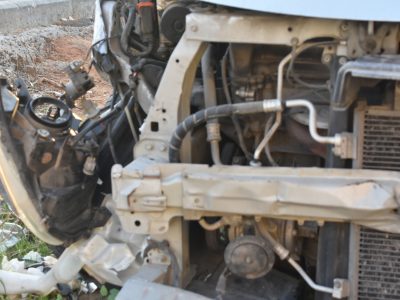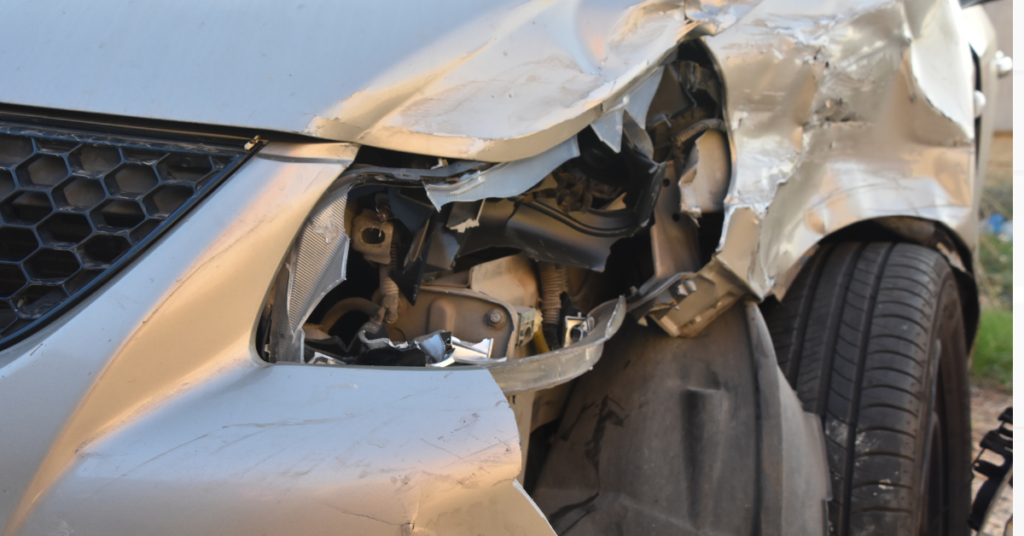Introduction
Addressing the environmental impact of various industries, including the automotive sector, is crucial as we strive towards a more sustainable future. With the global increase in vehicle production and ownership, the issue of responsible disposal and recycling of end-of-life vehicles (ELVs) has become more pressing. Thankfully, vehicle dismantlers have emerged as key players in sustainable auto-recycling. In this blog, we will explore the vital role played by vehicle dismantlers in reviving value through sustainable auto recycling.
The Rise of Vehicle Dismantlers
They are also known as auto recyclers or auto dismantlers, specialising in dismantling ELVs and salvaging valuable parts and materials. These professionals have gained recognition for their contribution to reducing waste, conserving resources, and mitigating environmental pollution.
1. Extending the Lifecycle
They play a crucial role in extending the lifecycle of vehicles. Instead of discarding a vehicle entirely, they carefully dismantle it, assessing and salvaging parts that are still functional and can be reused. This practice significantly extends the lifespan of valuable components, reducing the need for new products and minimising the environmental impact of manufacturing new parts.
2. Environmental Impact Reduction
By recycling vehicles, dismantlers prevent harmful substances from being released into the environment. ELVs contain various hazardous materials, including engine oils, coolants, and batteries. They ensure that these fluids and components are properly drained, collected, and disposed of in an environmentally friendly manner. This prevents soil and water contamination, safeguarding ecosystems and human health.
3. Resource Conservation
Sustainable auto recycling heavily relies on resource conservation, and they excel in this aspect. They identify and salvage valuable components like engines, transmissions, electronics, and body parts through their expertise. These parts are then sold as used or refurbished, giving them a second life. Reusing these components reduces demand for new parts, resulting in significant resource savings and a decreased strain on raw material extraction.
4. Recycling and Waste Management
Apart from salvaging functional parts, dismantlers also focus on recycling materials that cannot be reused. ELVs contain many recyclable materials, such as steel, aluminium, plastics, and glass. Dismantlers ensure these materials are sorted, processed, and sent to appropriate recycling facilities. By diverting these materials from landfills, they contribute to a more circular economy, where waste is minimised and resources are conserved.
5. Economic Benefits
The role of vehicle dismantlers extends beyond environmental conservation. They also create economic opportunities at the local level. Small and medium-sized businesses in the dismantling sector provide employment, generate revenue, and contribute to local economies. Additionally, selling used parts and materials offers cost-effective vehicle repairs and maintenance alternatives, benefiting consumers and the automotive industry.
Challenges and the Way Forward
While vehicle dismantlers have made significant strides in sustainable auto recycling, they face challenges that must be addressed. These challenges include:
- Properly handling hazardous materials.
- Ensuring an efficient dismantling process.
- Adopting advanced technologies for dismantling and material separation.
To overcome these obstacles, it is essential to support them through effective policies, regulations, and incentives. Governments can play a pivotal role by promoting environmentally responsible practices, offering training and certification programs, and facilitating recycling infrastructure development.
Conclusion
In the pursuit of sustainability, they are crucial actors in the auto recycling ecosystem. By extending the lifecycle of vehicles, reducing environmental impact, conserving resources, and managing waste effectively, they contribute to a more sustainable and circular automotive industry. Recognising their invaluable role and supporting their endeavours will help create a greener future while reviving the value hidden within end-of-life vehicles.





